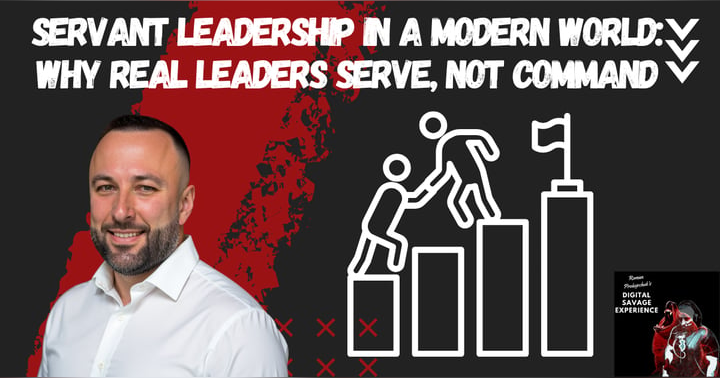
The Crucial Role of a Father in a Son's Life: Insights and Statistics
The bonds that tie families together can sometimes be taken for granted, but each relationship within this intricate network plays a significant role in shaping our personalities, identities, and future. One such indispensable connection is that of a father and son. Often underrated, this bond carries profound implications on the son's emotional, social, and intellectual development. While statistics and facts might not convey the nuances of this intricate relationship entirely, they provide compelling insights into its importance.
1. Emotional Development
Studies have found a strong correlation between the active presence of a father and the emotional development of their sons. A father, through his interactions, can influence a son's emotional intelligence. A 2013 study in the Journal of Family Psychology reported that sons with involved fathers exhibited better emotional responses and fewer behavioral problems.
Fathers' positive emotional involvement can also act as a buffer against the impacts of various stressors in life. Research from the U.S. Department of Health and Human Services showed that sons who felt a closeness to their fathers were less likely to experience depression, emotional or behavioral distress.
2. Intellectual Growth and Academic Performance
Fathers play an essential role in their sons' cognitive and intellectual development. According to the U.S. Department of Education, children with actively involved fathers have a 43% better chance of achieving A grades. Additionally, they are 33% less likely to repeat a year of school.
Fathers, through their actions and teachings, can also foster curiosity and critical thinking in their sons. A 2007 study from Michigan State University found that fathers who engaged their sons in activities that encouraged exploration and problem-solving helped promote their intellectual development.
3. Social Skills and Relationships
A father's influence on a son's life is not limited to emotional and intellectual spheres; it extends to social interaction as well. Sons look to their fathers as role models for how to behave in society. The American Psychological Association found that fathers who demonstrated respect for others and participated in community services had sons who were more empathetic and socially responsible.
Furthermore, a father's relationship with his son plays a significant role in shaping the son's relationships with others. A study published in the Journal of Marriage and Family showed that young men who had strong relationships with their fathers were more likely to have stable and satisfactory relationships with their peers and romantic partners.
4. Physical Health and Lifestyle Habits
A father's involvement can significantly influence a son's physical health and lifestyle habits. The National Longitudinal Study of Adolescent to Adult Health found that sons with involved fathers were less likely to engage in risky behaviors such as substance abuse and were more likely to engage in regular physical activity, leading to healthier lifestyles.
In fact, a comprehensive review of studies by the Fatherhood Institute found that children with highly involved fathers were 24% less likely to lead sedentary lives and 28% more likely to eat a balanced diet.
While the importance of a father in a son's life may vary due to cultural, individual, and societal factors, it's clear that fathers do play a significant role in their sons' emotional, intellectual, social, and physical development. This impact manifests in various areas, from academic performance to emotional well-being, social skills, and healthy lifestyle choices. In this intricate dance of life, the father-son relationship is a valuable and powerful bond that helps shape a boy into a well-rounded man. As a society, recognizing, fostering, and supporting this connection is a crucial step towards raising balanced and healthy future generations.




















